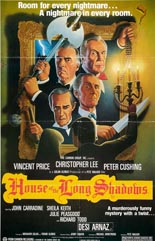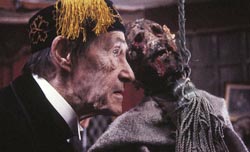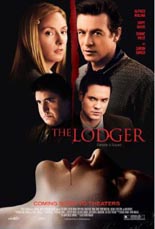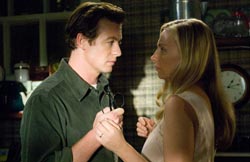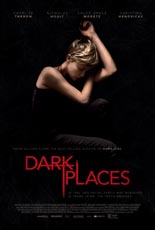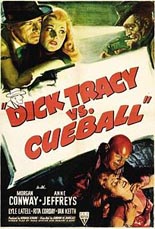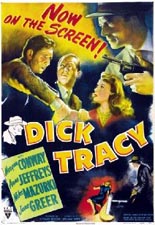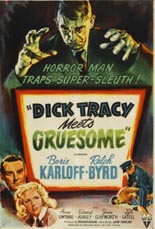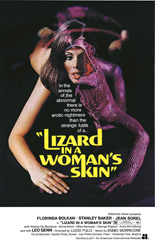
 Although an insomniac, Carol (Florinda Bolkan, Investigation of a Citizen Above Suspicion) suffers from recurring, claustrophobic nightmares that conclude with her rolling around nude with her sexy, hard-partying neighbor, Julia (Anita Strindberg, The Case of the Scorpion’s Tail). One night, the dream’s bedroom romp even progresses to Carol stabbing Julia thrice in the chest with a letter opener.
Although an insomniac, Carol (Florinda Bolkan, Investigation of a Citizen Above Suspicion) suffers from recurring, claustrophobic nightmares that conclude with her rolling around nude with her sexy, hard-partying neighbor, Julia (Anita Strindberg, The Case of the Scorpion’s Tail). One night, the dream’s bedroom romp even progresses to Carol stabbing Julia thrice in the chest with a letter opener.
So when, in the waking world, police find Julia bloodied and dead, having been stabbed thrice in the chest with a letter opener, guess upon whom suspicion falls? Certainly you answered “Carol,” but as we all know with mysteries, the solution is rarely so cut-and-dry. That goes double — perhaps triple — with the Italian giallo, which A Lizard in a Woman’s Skin most assuredly is. If the nonsensical, zoological title didn’t relay as much, the name of its director and co-writer would: Lucio Fulci.
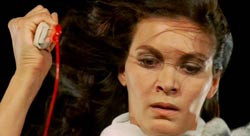 Although known best for his string — barbed wire? — of horror bloodbaths in the late 1970s and early ’80s (Zombie, The Beyond, The House by the Cemetery, et al.), the prolific filmmaker earlier plied his trade with a few stylish, if sometimes incomprehensible whodunits. Lizard lounges about on its own groovy beat, immediately distinguishable by the opulent and erotic surrealism of Carol’s dangerous dreams — scored by Ennio Morricone, no less!
Although known best for his string — barbed wire? — of horror bloodbaths in the late 1970s and early ’80s (Zombie, The Beyond, The House by the Cemetery, et al.), the prolific filmmaker earlier plied his trade with a few stylish, if sometimes incomprehensible whodunits. Lizard lounges about on its own groovy beat, immediately distinguishable by the opulent and erotic surrealism of Carol’s dangerous dreams — scored by Ennio Morricone, no less!
Fulci’s direction of these sequences is tops, outdone perhaps only by an extended set piece in which Carol is pursued through an abandoned church by an armed and helmeted assailant. So Hitchcockian is this near-silent chase — recalling everything from Vertigo to The Birds — that the suspense can’t help but grow mighty intense. That’s what will stick with you, rather than the tidy, unsatisfying denouement.
Okay, so the dog vivisection scene might stick with you, too; just do your best not to dwell. —Rod Lott

